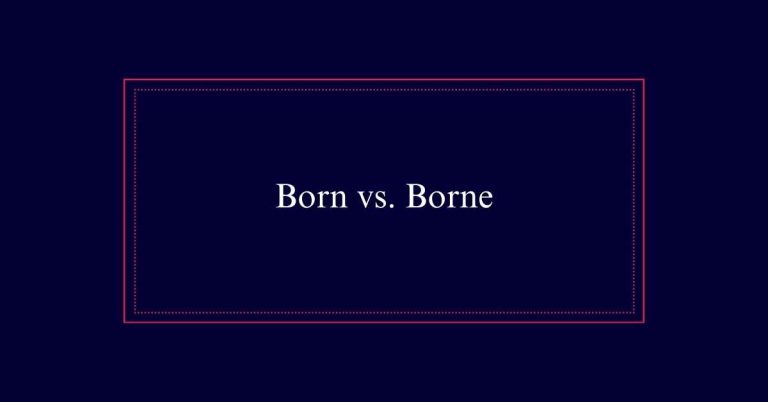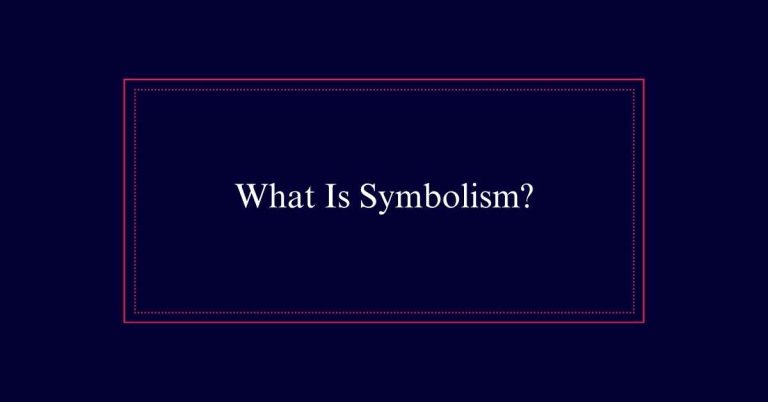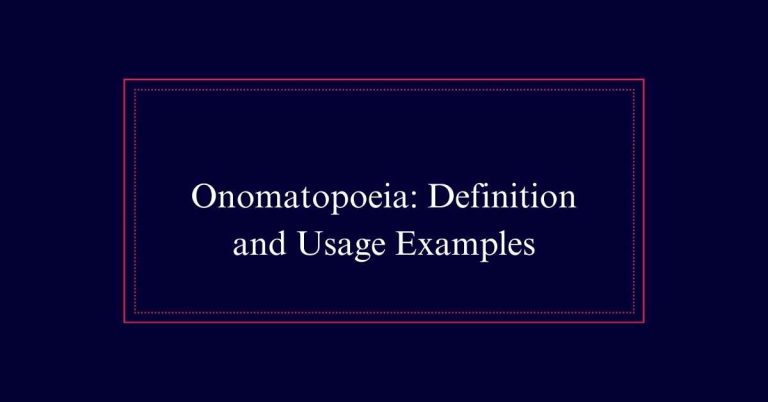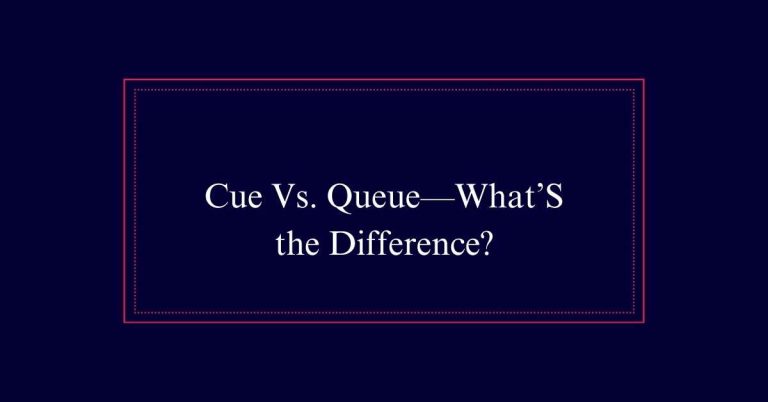Went Vs. Gone
Understanding ‘went’ and ‘gone’ is essential for proper English usage. ‘Went’ is the simple past tense of ‘go’ and stands alone, as in ‘She went to the store.’ ‘Gone’ is the past participle and requires an auxiliary verb like ‘has,’ ‘have,’ or ‘had,’ for example, ‘She has gone to the store.’ Using ‘went’ with auxiliaries or ‘gone’ without them, such as ‘She has went’ or ‘She gone,’ is incorrect.
Verb Usage Examples
Verb usage examples illustrate the correct and incorrect applications of ‘went’ and ‘gone.’
‘Gone’ needs an auxiliary verb, such as ‘has’ or ‘have.’ For instance, ‘They have gone to the store’ is correct.
In contrast, ‘went’ does not need an auxiliary verb. ‘She went to the store’ is a proper usage.
Misusing these forms leads to errors like ‘She has went to the store,’ which is incorrect.
Remember, ‘gone’ is the past participle form and fits with perfect tenses, while ‘went’ is the simple past form.
Correct examples include ‘He had gone to the store’ and ‘They went to the store.’
Auxiliary Verbs Needed
To use ‘gone’ correctly, it must be paired with an auxiliary verb like ‘has,’ ‘have,’ or ‘had.’ This combination forms perfect tenses, such as the present perfect or past perfect.
For example, you would say, ‘She has gone to the store,’ or ‘They had gone before we arrived.’ The auxiliary verb indicates the timing and aspect of the action.
Without it, the sentence would be incorrect. Avoid saying ‘She has went to the store,’ as ‘went’ is the simple past form and does not require an auxiliary verb.
Simple Past Form
The simple past form of ‘go’ is ‘went,’ which is used to describe actions that occurred at a specific time in the past. When using ‘went,’ there is no need for an auxiliary verb.
For example, you would say, ‘She went to the store,’ indicating that this event happened at a particular time in the past. ‘Went’ is straightforward and is only used in the simple past tense. It stands alone and does not require additional verbs to make sense.
This contrasts with forms like ‘gone,’ which need auxiliary verbs. Use ‘went’ to clearly convey past actions without complicating the sentence structure.

Past Participle Form
‘Gone’ serves as the past participle form of the verb ‘go’ and is used with auxiliary verbs to indicate completed actions. This form is essential for constructing perfect tenses and passive voice.
For example, in the sentence ‘They have gone to the store,’ ‘have’ serves as the auxiliary verb.
Key points to remember:
- Usage with auxiliary verbs: ‘Gone’ must be paired with auxiliary verbs like has, have, or had.
- Indicating completed actions: It shows that an action is finished at the time of speaking.
- Not for simple past: ‘Gone’ is not used alone; it always requires an auxiliary verb.
Perfect Tenses Rule
Perfect tenses require the use of auxiliary verbs to indicate actions that are completed at the time of speaking. The auxiliary verbs commonly used are ‘has,’ ‘have,’ and ‘had.
For example, ‘She has gone to the store.’ In this sentence, ‘has’ is the auxiliary verb, and ‘gone’ is the past participle. This combination shows that the action is complete.
In contrast, ‘went’ is used for simple past tense and does not need an auxiliary verb. For instance, ‘She went to the store.’ Here, ‘went’ stands alone to indicate a completed action in the past.
Correct Vs Incorrect
Many common mistakes arise from confusing ‘went’ and ‘gone.’ Understanding their correct usage is key to proper grammar.
‘Gone’ requires an auxiliary verb, while ‘went’ stands alone. Here are some examples to clarify:
- Incorrect: ‘She has went to the store.’
Correct: ‘She has gone to the store.’
- Incorrect: ‘They have went to the store.’
Correct: ‘They have gone to the store.’
- Incorrect: ‘I went to the store and back.’
Correct: ‘I went to the store.’
Using ‘Gone’ Correctly
To use ‘gone’ correctly, always pair it with an auxiliary verb like has, have, or had. For example, in the sentence ‘She has gone to the store,’ ‘gone’ follows the auxiliary verb ‘has.’
This structure is necessary because ‘gone’ is the past participle form of ‘go.’ It cannot stand alone without an auxiliary verb. Another example is ‘They have gone to the park,’ where ‘gone’ is used with ‘have.’
Incorrect usage would be ‘She has went to the store,’ because ‘went’ should not follow an auxiliary verb. Remember, ‘gone’ is used with perfect tenses, indicating an action that has been completed before now.
Using ‘Went’ Correctly
‘Went’ is the simple past tense of ‘go’ and does not require an auxiliary verb. It is used to describe actions that have already occurred.
For instance, ‘She went to the store’ is a correct usage.
Key points to remember when using ‘went’:
- No Auxiliary Verb Needed: ‘Went’ stands alone and does not need helping verbs like ‘has’ or ‘have’.
- Simple Past Tense: It indicates actions that happened at a specific time in the past.
- Examples: ‘He went to the meeting yesterday.’
Common Mistakes
One common mistake is using ‘went’ when ‘gone’ is required. This often happens in sentences needing an auxiliary verb.
For example, saying ‘She has went to the store’ is incorrect. The correct form is ‘She has gone to the store.’ ‘Gone’ must be used with auxiliary verbs like has, have, or had.
Conversely, ‘went’ does not need an auxiliary verb. Another error is saying ‘They have went to the store’ instead of ‘They have gone to the store.’
‘Went’ should be used in simple past tense without auxiliaries, such as ‘He went to the store yesterday.’ These mistakes are common but easily avoidable with practice and attention to verb forms.
Quick Grammar Tips
When differentiating between ‘went’ and ‘gone,’ remember that ‘gone’ requires an auxiliary verb, while ‘went’ does not.
Here are some quick grammar tips to help you use these terms correctly:
- ‘Gone’ with Auxiliary Verbs: Use ‘gone’ with have, has, or had. Example: ‘She has gone to the store.’
- ‘Went’ without Auxiliary Verbs: Use ‘went’ alone. Example: ‘She went to the store.’
- Perfect Tenses: ‘Gone’ is used for perfect tenses, while ‘went’ is for simple past tense. Example: ‘He had gone before she arrived.’







